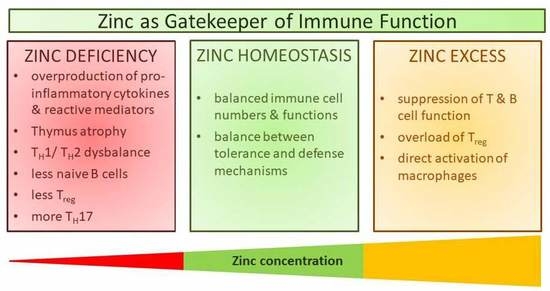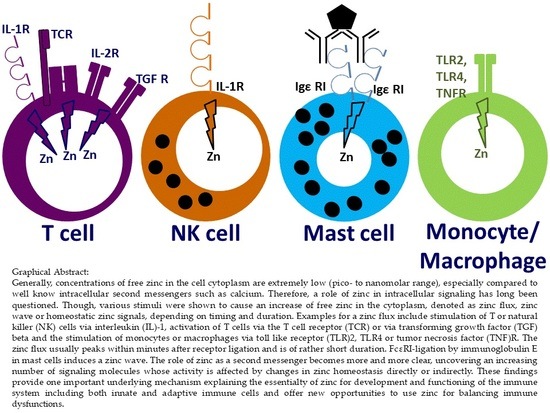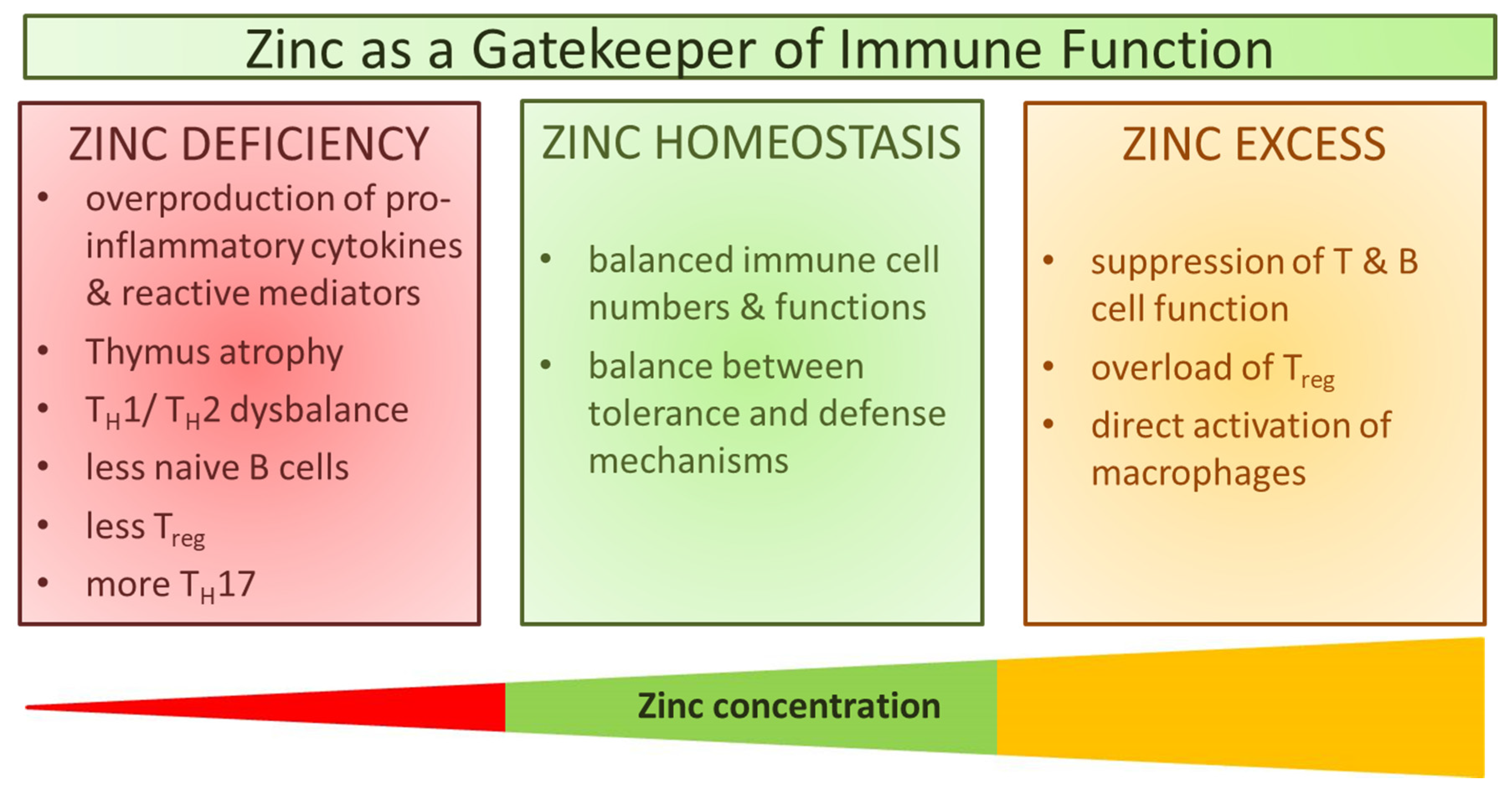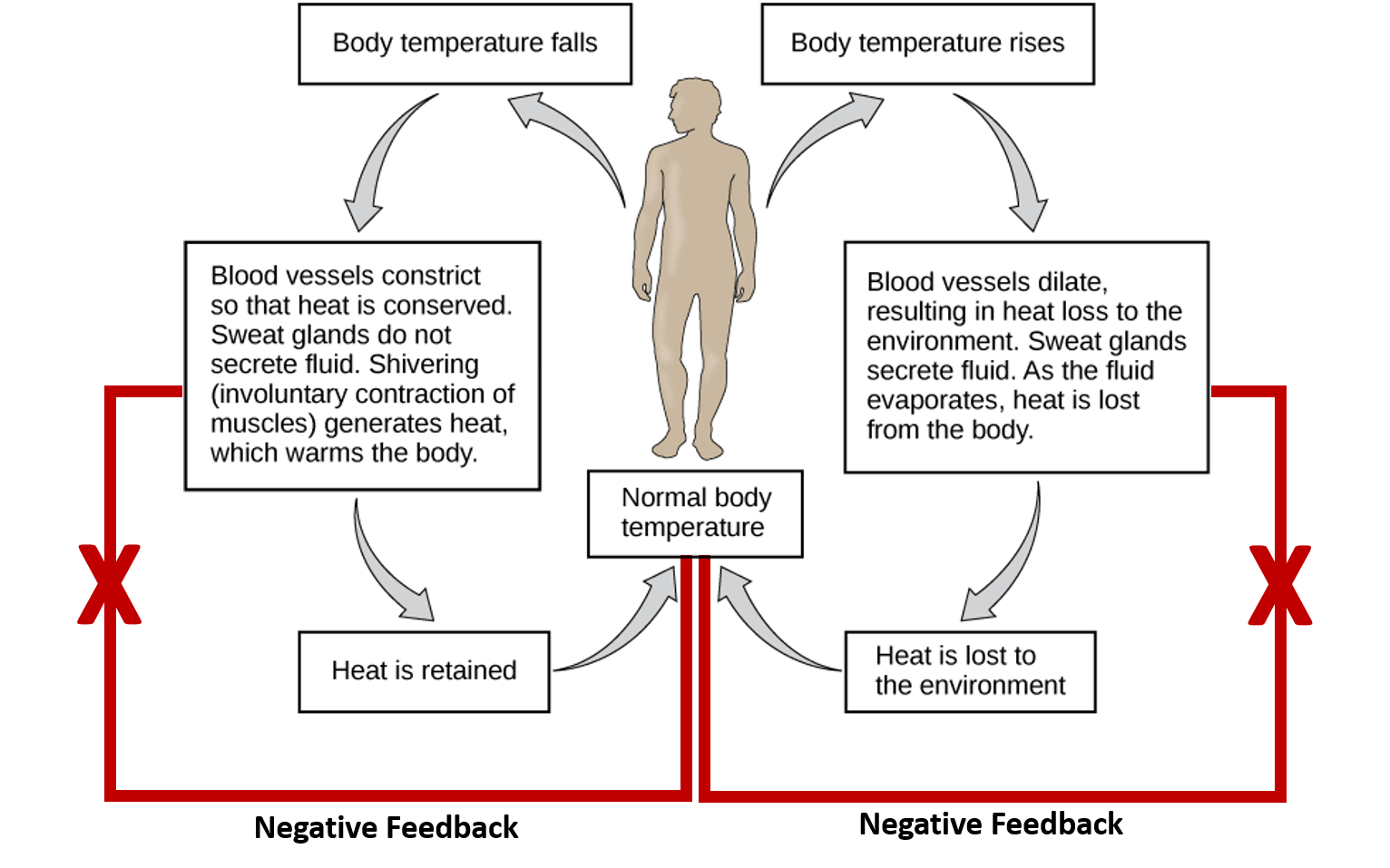Describe Ways a Lack of Water Could Affect Cell Functions
When youre losing more water through breathing sweating and urinating than you. It will make the shape of the cell disform and the temperature will increase rapidly and none of the chemicals that the cells need would dissolve.

Nutrients Free Full Text Zinc As A Gatekeeper Of Immune Function Html
In extreme cases this can.

. Water leaves the body through several routes - the evaporation of sweat in the moisture of exhaled breath in the urine and in the faeces. Regulates body temperature. This greatly increases the passage of water from the renal filtrate through the wall of the collecting tubule as well as the reabsorption of water into the bloodstream.
Drinking water and brain function are integrally linked. Mild water deficiency symptoms include weakness low blood pressure dark urine dizziness confusion and reduced cognitive function. The various structures and organelles in a cell float in a liquid called the cytoplasm.
Without the cells being able to perform or move oxygen around the body death would be quick to follow the loss of the water. The body loses water through urine sweat and physiological functions such as digestion. Understanding which genes are expressed in a cancer cell can help diagnose the specific form.
Drinking too much water can dilute the body. Visually water fills cells to help maintain shape and structure Figure 2. For example red blood cells are the oxygen carriers in the body.
How would a lack of water affect a cells enzymes. Your body is made up of about 60 percent water which is needed to keep all of your systems functioning properly. Protein modification can alter gene expression in many ways.
Dehydration causes the interior of your cells to lose water. However even some plants which can maintain their cell structure without water still require water to survive. They lack a nucleus to make more space for the oxygen-carrying pigment hemoglobin.
The body is a very intricate system where many parts rely on each other. It is also used to facilitate all the previously mentioned functions in the body. The coastline would affect settlement because there would be lots of water resources and also ways to find food.
A formula or graph are two ways to. Your circulatory system needs water to function properlyblood High levels of bad cholesterol. Water is important to cells because without it they would not be able to remove waste bring in nutrients or transport oxygen.
Any imbalance of water entering or leaving the body will create an osmotic imbalance that will adversely affect cell and tissue function. Over 70 percent of your body is composed of water and every function in the body is dependent on water including the. Because some cells perform specific functions they have special modified structures.
Water or its lack dehydration can influence cognition. Moistens tissues in the eyes nose and mouth. Lessens burden the on kidneys and liver by flushing out waste products.
This means that the body begins to compensate by producing more cholesterol some of which is. Prokaryotic cells lack a nucleus. Therefore the genes in prokaryotic cells are.
Any imbalance of water entering or leaving the body will create an osmotic imbalance that will adversely affect cell and tissue function. Human excretory organs The organs of excretion in humans include the skin lungs and kidneys. Lack of water to the brain can cause numerous symptoms including problems with focus memory brain fatigue and brain fog as well as headaches sleep issues anger depression and many more.
Mild levels of dehydration can produce disruptions in mood and cognitive functioning. A mild fluid decline of 2 percent can impact your ability to concentrate according to the June 2003 issue of the European Journal of Clinical Nutrition. The water inside many cells including those that make up the human body creates pressure that opposes external forces similar to putting air in a balloon.
Human excretory organs The organs of excretion in humans include the skin lungs and kidneys. Protects body organs and tissues. Helps dissolve minerals and nutrients to make them accessible to your body.
This can lead to hyponatremia or low sodium and salt in the blood. Given the varied importance for water in the body the consequences of poor water intake can also vary substantially. This greatly increases the passage of water from the renal filtrate through the wall of the collecting tubule as well as the reabsorption of water into the bloodstream.
This amounts equals between 14-28 litres per day. What are the ways in describing a function. Describe how phosphorylation of proteins can alter gene expression.
Even a modest restriction in water intake can decrease your total water volume and impact your health. Carries nutrients and oxygen to cells. This may be of special concern in the very young very old those in hot climates and.
A all expressed all of the time. If body cells lose or gain too much water by osmosis they do not function efficiently. If cell walls lose water they become flaccid and the cytoplasm shrinks away from the cell wall.

Nutrients Free Full Text Zinc As A Gatekeeper Of Immune Function Html

Comments
Post a Comment